Tesla is on trial over claims that the company is partly to blame for a fatal 2019 crash in Florida that occurred when the Autopilot system in a Model S allegedly failed to detect a parked SUV.
Family members of the woman killed in the crash, Tesla engineers and auto-safety experts are expected to provide testimony in a federal courtroom in Miami during the jury trial, which started Monday and is set to last three weeks.
ADVERTISEMENT
CONTINUE READING BELOW
Only a handful of Tesla crash cases have gone to trial. The electric vehicle maker has struck confidential accords to resolve several cases that blamed defective technology for deadly accidents.
Musk is under enormous investor pressure after the company’s stock has been battered, first by his close affiliation with President Donald Trump, and then by his dramatic falling out with the president. Musk has staked Tesla’s future in part on autonomous driving as the company makes a big push to launch a robotaxi business.
In the Miami case, like others before it, Tesla has pinned its defense on “driver error.” The driver of the Model S had engaged the driver-assistance system, but had dropped his mobile phone and wasn’t watching the road while reaching for the device on the floorboard. That’s when the car went through a T intersection in Key Largo and off the pavement, striking a parked Chevrolet Tahoe whose two occupants were standing outside the vehicle.
Naibel Benavides Leon, 20, was killed in the collision. Her estate sued Tesla, as did Dillon Angulo, who was gravely injured. The lawsuit seeks compensation for medical expenses, wrongful death and pain and suffering, as well as punitive damages for what a lawyer for the plaintiffs described as “grossly negligent and intentional’’ conduct by Tesla.
“Everyone at Tesla knew that Autopilot couldn’t do what Mr. Musk said and it still can’t do many of the things he said it could do,’’ attorney Brett Schreiber told jurors in opening arguments, calling the accident a ‘’preventable tragedy’’ and alleging that the automated system failed to respond when it detected the end of the roadway.
“Should the driver have been paying better attention? Sure,’’ Schreiber said. “So should have Autopilot.”
The lawyer told the jury that Tesla claimed to not have key data about the crash recorded by the car’s computer.
“We were able to get this information that Tesla had denied — long before this lawsuit ever happened, they denied ever having it,’’ he said.
A lawyer for Tesla, Joel Smith, countered that the crash had nothing to do with Autopilot technology and said it was caused entirely by distracted driving.
Smith said the driver of the Model S, George McGee, spent 13 minutes on the phone with airline customer service for upcoming travel to a funeral before he dropped his phone and started looking for it — “one of the most dangerous things you can do.’’ He said a video recording by a camera in the Model S overlaid with data from the car’s computer shows that McGee was pressing the accelerator to 17 miles (27.4 kilometers) per hour over the posted speed limit, leading him to override the vehicle’s adaptive cruise control before he went off the road.
“This is one of the best pieces of evidence for Tesla in this case. We’d never hide it,” Smith said. “We didn’t think we had it, but turns out we did.”
The defense attorney said data recovered from the car shows that McGee had safely travelled through the intersection where the crash happened almost 50 times in the same Model S. Smith said the driver is on the record saying he “knew his car would not drive itself and would not stop at a stop sign.’’ The lawyer noted that the technology to do so had not yet been developed in 2019.
“Was he distracted because he was using the Autopilot feature that he used all the time? No,” Smith said. “He was distracted because he was looking for his dropped cell phone.” He repeatedly told the jury McGee was ‘’not a complacent driver’’ but an ‘’aggressive’’ one.
ADVERTISEMENT:
CONTINUE READING BELOW
Michael Brooks, executive director of the Center for Auto Safety, a consumer advocacy group, said in an interview the case will be the first to test the theory of liability that Tesla failed to warn consumers about the limitations of its driver-assistance system.
“This case has the potential to set a marker in the sand about just how far juries are willing to go one way or the other,” Brooks said in an interview. “The interesting part of this case will be seeing how much blame the jury places on the driver, but also how much blame they want to place on Tesla.”
In June, US District Judge Beth Bloom dismissed claims of defective manufacturing and negligent misrepresentation. The lawsuit had argued that Tesla falsely advertised its Autopilot capabilities beyond what the vehicle actually possessed. Bloom sided with Tesla and said there was no basis for such a claim.
McGee is expected to testify at trial. Jurors are also slated to hear expert testimony from Mary “Missy” Cummings, a George Mason University professor who has been critical of Tesla’s automated-driving systems. When she was appointed to serve as senior safety adviser at the National Highway Traffic Safety Administration in 2021, Musk called her “extremely biased against Tesla” and Tesla fans signed a petition against her.
Cummings has served as an expert witness in at least two other lawsuits against Tesla related to the Autopilot system, according to court filings.
The automaker won two previous trials in California after juries found that accidents blamed on Autopilot — one fatal and one not — were due to driver error rather than the company’s technology. In 2022, the company was found just 1% responsible for the death of an 18-year-old whose Model S slammed into a concrete wall in Fort Lauderdale, Florida, while he was speeding. The jury said the teen and his father were 99% at fault for the crash.
The company’s near-perfect record in court carries the risk that any adverse verdict could be seen as undermining Musk’s oft-repeated claim that his electric vehicles are the safest ever made.
Tesla faces three more trials over fatal Autopilot crashes in the next nine months in California. It’s also scheduled to go to trial in Houston over a case brought on behalf of five police officers badly injured on the side of a freeway when a Tesla on Autopilot plowed into a parked squad car at 70 miles (113 kilometers) per hour.
The case is Benavides v. Tesla, 1:21-cv-21940, US District Court, Southern District of Florida (Miami).
© 2025 Bloomberg
Follow Moneyweb’s in-depth finance and business news on WhatsApp here.

 6 hours ago
1
6 hours ago
1






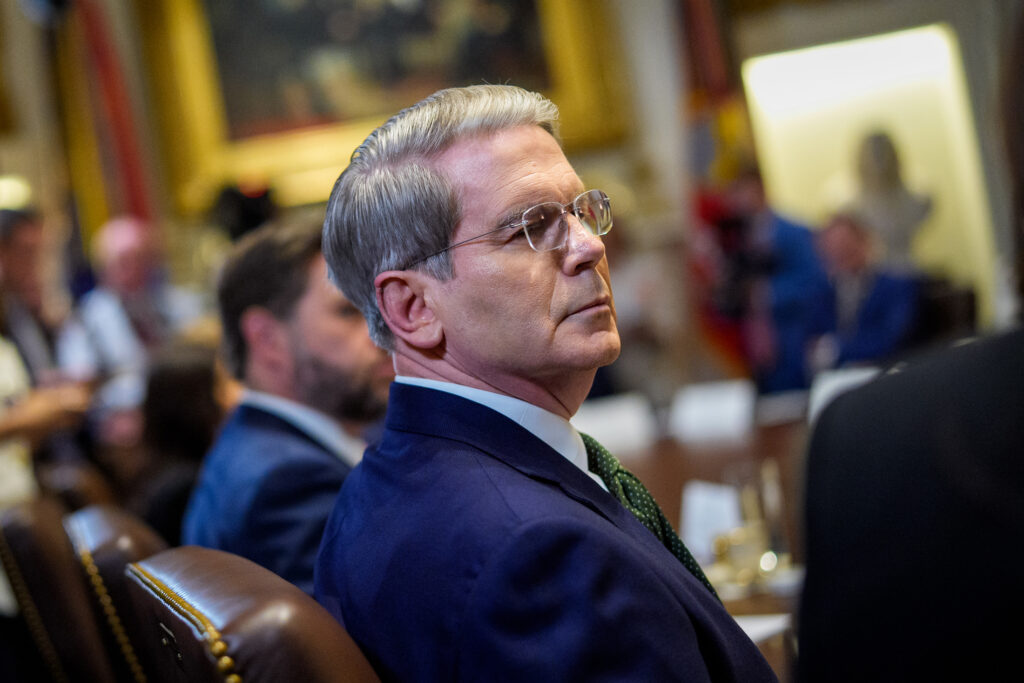



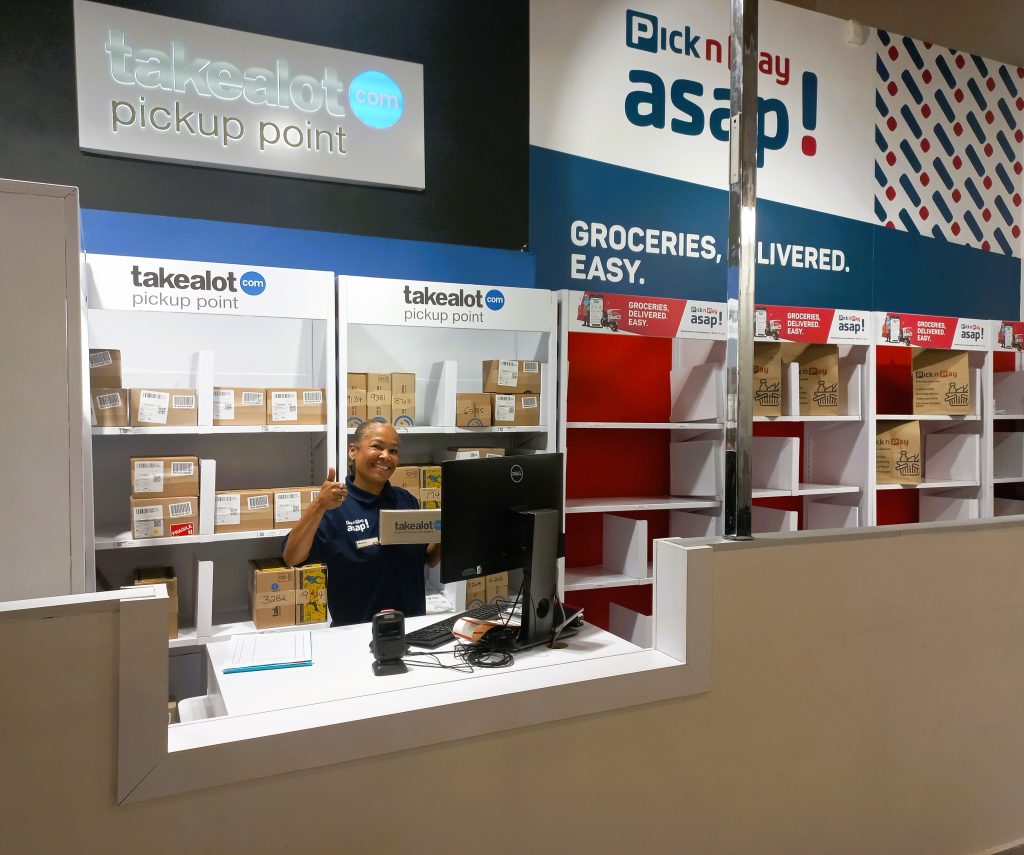

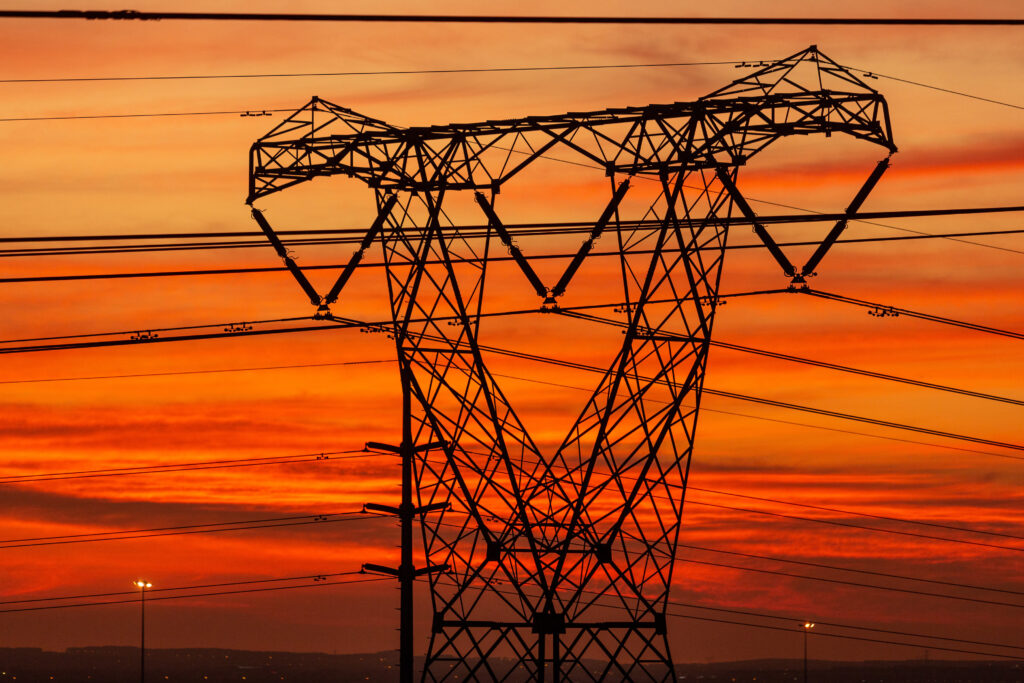







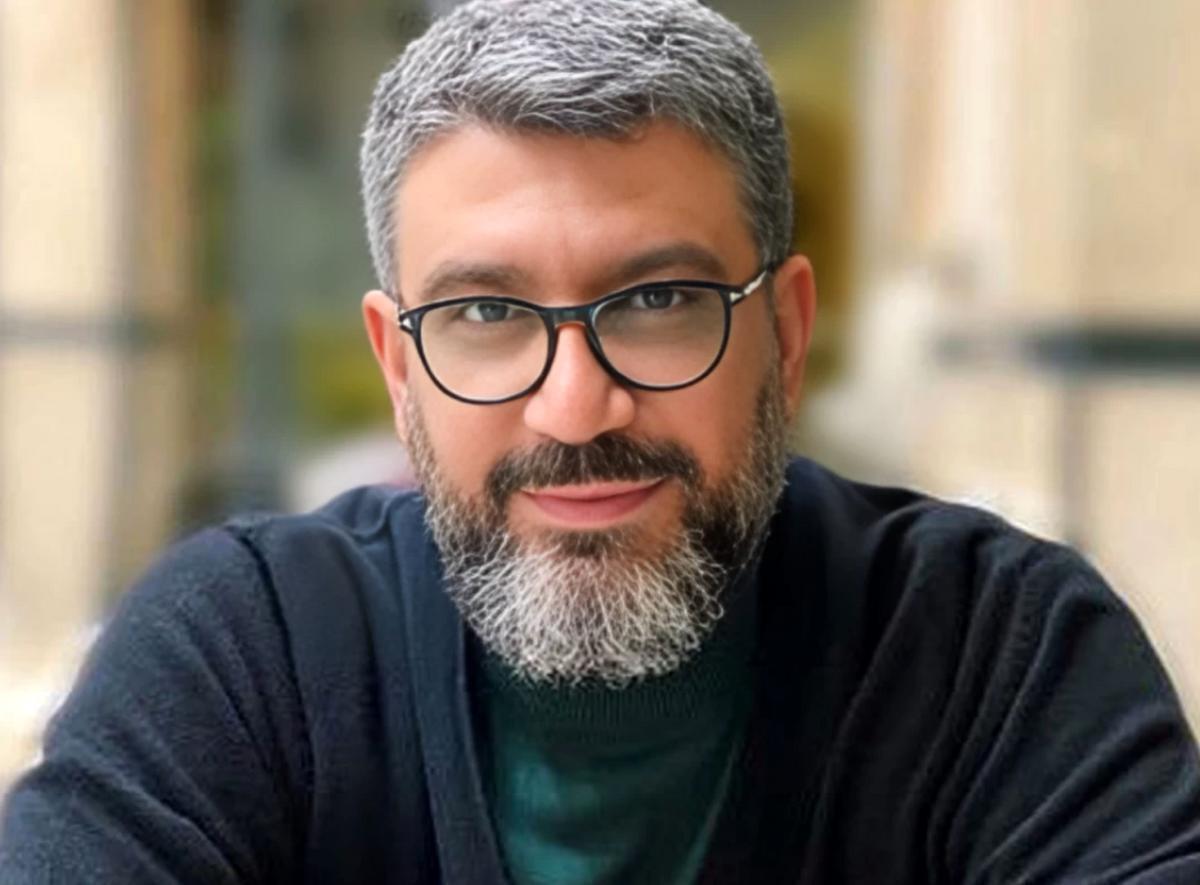
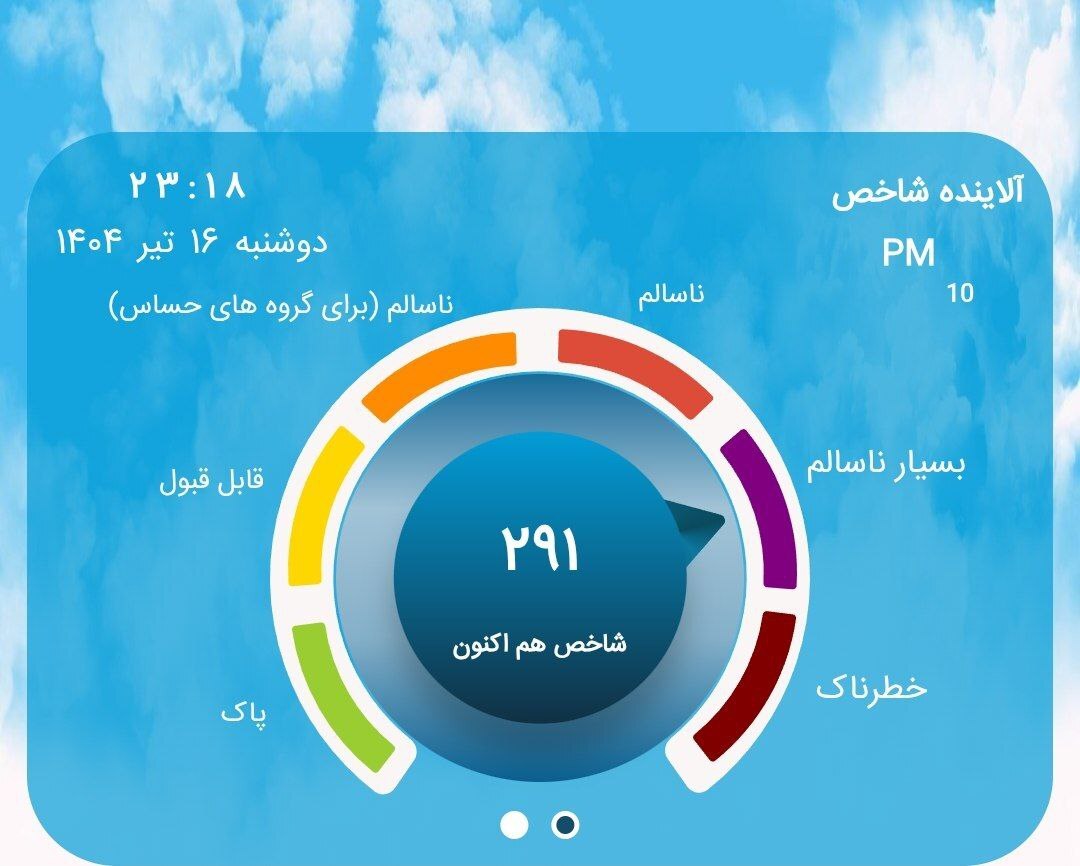
 English (US) ·
English (US) ·